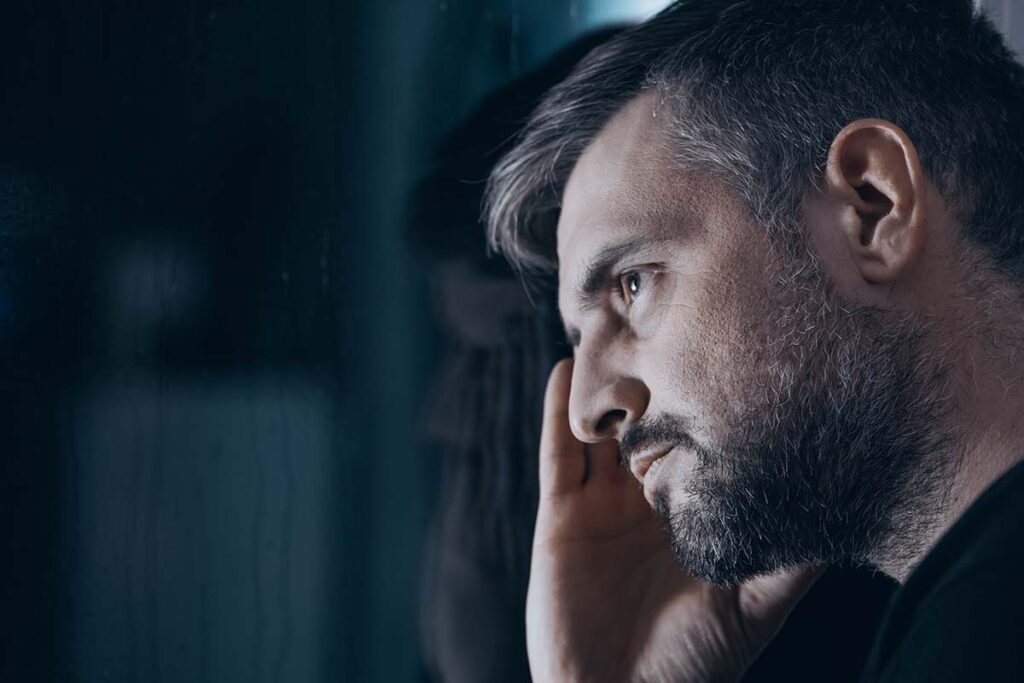Opiates remain some of the most widely prescribed pain-reducing medications on the market. Predominantly taking a synthetic form (opioids), any drug derivative of the aptly-named opium poppy is on a long, storied timeline of pain relief going back thousands of years. For all that time, it remains a challenge to mitigate the negative factors of opiate painkillers. The intergenerational trend of opiate addiction has accosted opiates the “miracle drug” status they may have earned otherwise—and in many ways, it might be a more complicated addiction to overcome than ever.
As potent pain relief as opiates have proven to be, they’ve always been addictive. It’s not just that people who take them take pleasure in chasing the high, though—there is a real neurochemical punishment for failing to re-up on opiates. This is referred to as the withdrawal period, which can be the strongest driving force to stay addicted. At California Centers for Recovery, we realize many with an unhealthy relationship with drugs aren’t enduring it by choice. Trying to recover alone can be difficult and dangerous, but with the assistance available at our opiate detox program, recovery can be pleasant, luxurious, and safe.
How to Detect a Painkiller Addiction
Opioids account for the majority of overdose deaths in the U.S. today, so detecting the beginnings of addiction can be a matter of life or death for some. Whether it’s your loved one or a self-examination during pain treatment, recognizing an opiate addiction is simple if you know what to look for. Most opiate abuse begins with a regular prescription, which doctors could realistically give for back pain following a workplace injury or a car accident. Over the next few weeks, the opiate may start to feel like it’s ineffective in treating the pain. This can happen when following the regularly prescribed intervals and doses, but the likelihood increases when patients forget doses or by doubling up to make up for missed doses. When this occurs, speak to your pharmacist immediately about the best course of action.
The second sign of addiction comes significantly later. Doctors are wary of increasing or elongating prescriptions for opioids, considering how often it’s abused. Assuming the prescription runs out and pain persists, most people aren’t going to want to return to unadulterated discomfort. Many find the solution to be filling out false prescriptions on behalf of others, secondhand opioids, or switching to illegal but more potent drugs. Going from a basic opiate prescription to hard drug addiction can seem necessary in times of pain, but it is a dangerous path to walk.
What Cautions Can I Take to Prevent Opiate Abuse?
Most people prescribed opioids don’t feel compelled to misuse their prescription, and even fewer end up becoming addicted. That being said, some situations can make fostering an addiction more straightforward than others. The best way to ensure you don’t end up in an unhealthy relationship with opiates is by adhering strictly to the prescription and communicating any missteps with your pharmacist. Simply being aware of the addiction risk is also beneficial for deterring those being treated from forming an addiction.
It’s also important to consider external factors contributing to your likelihood of misusing opiates. The factors may include:
- Personal or family history of substance abuse
- Risk-taking behavior
- Proximity to peers who abuse substances
- History of serious depression or anxiety
- Unemployment or poverty
- Young age
None of these factors are guarantors of opiate addiction, but they are something to keep in mind when assessing your risk.
California Centers for Recovery Has Opiate Addiction Treatment
Whether you’re now considering opiates as pain relief or already recognizing you suffer from a dependency, California Centers for Recovery’s South Bay Area can provide you with the detox program you need. We make sure our clients can enjoy their recovery process and receive treatment catered personally to their needs. Don’t waste any time—call us at 877.328.5682 today to talk to our professional team to find out what course of action is right for you.











